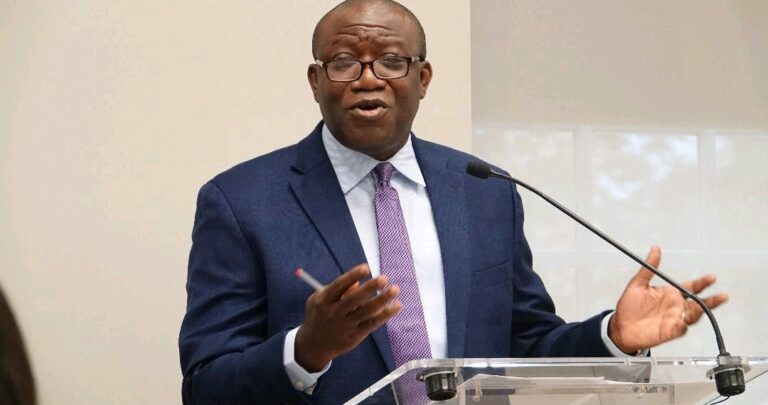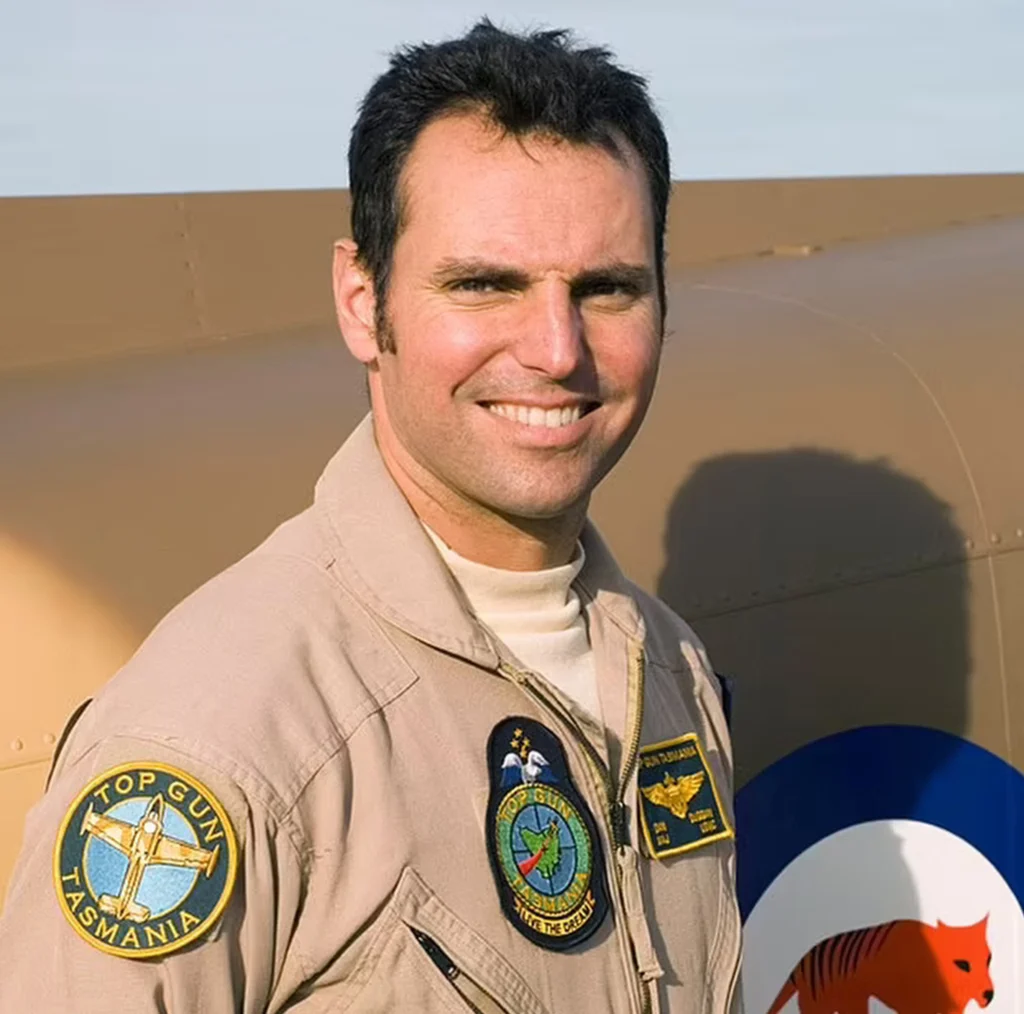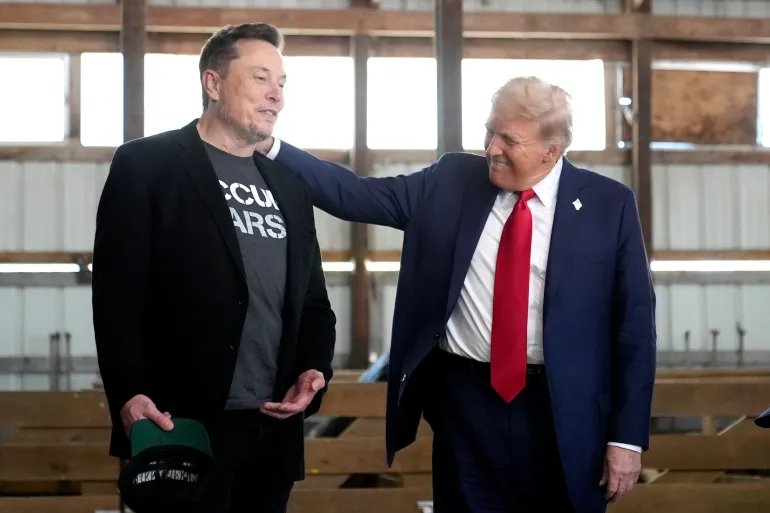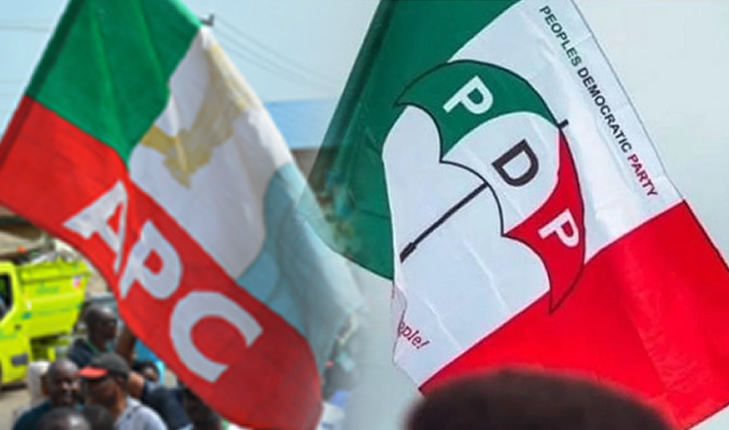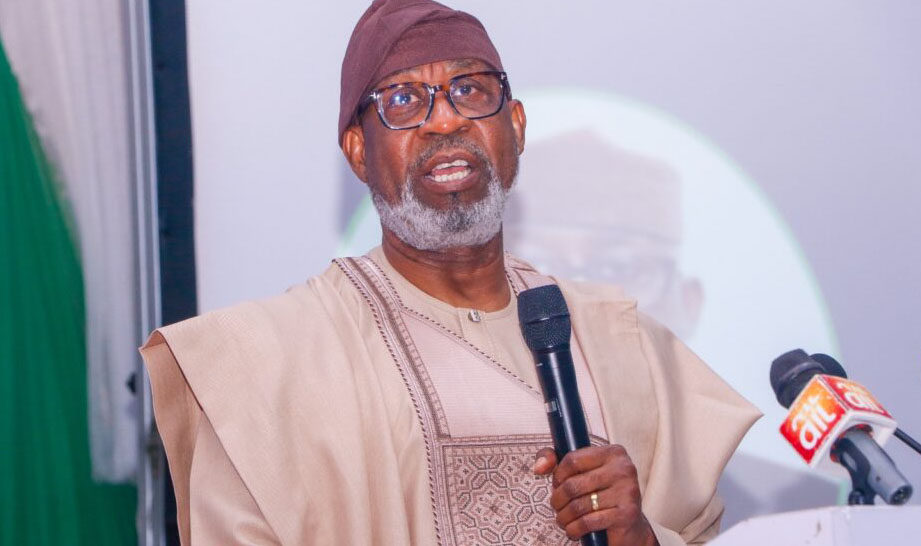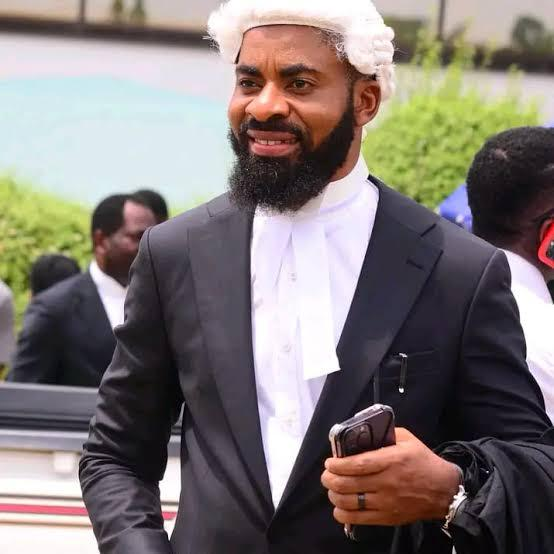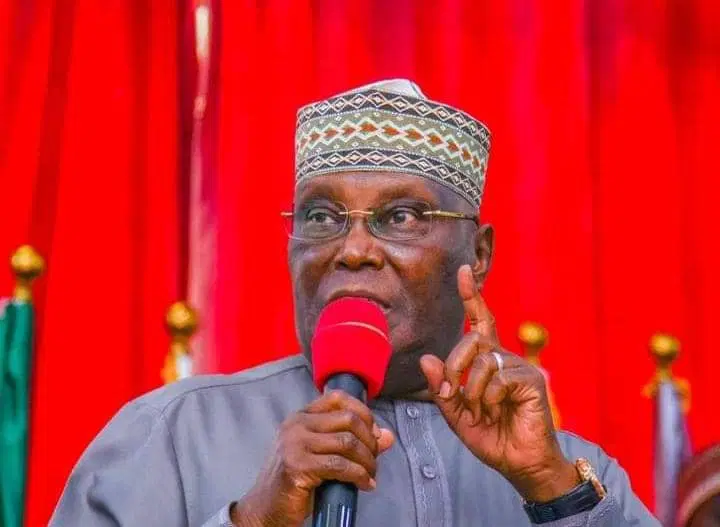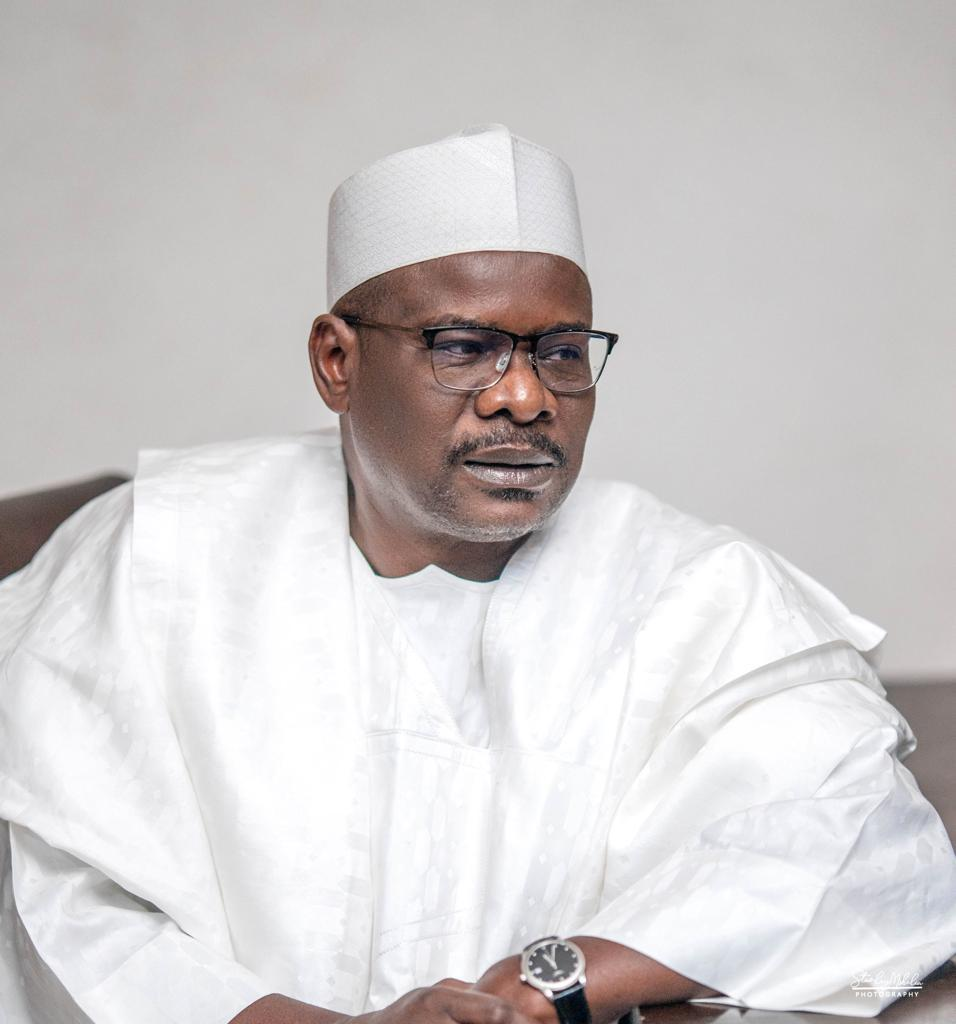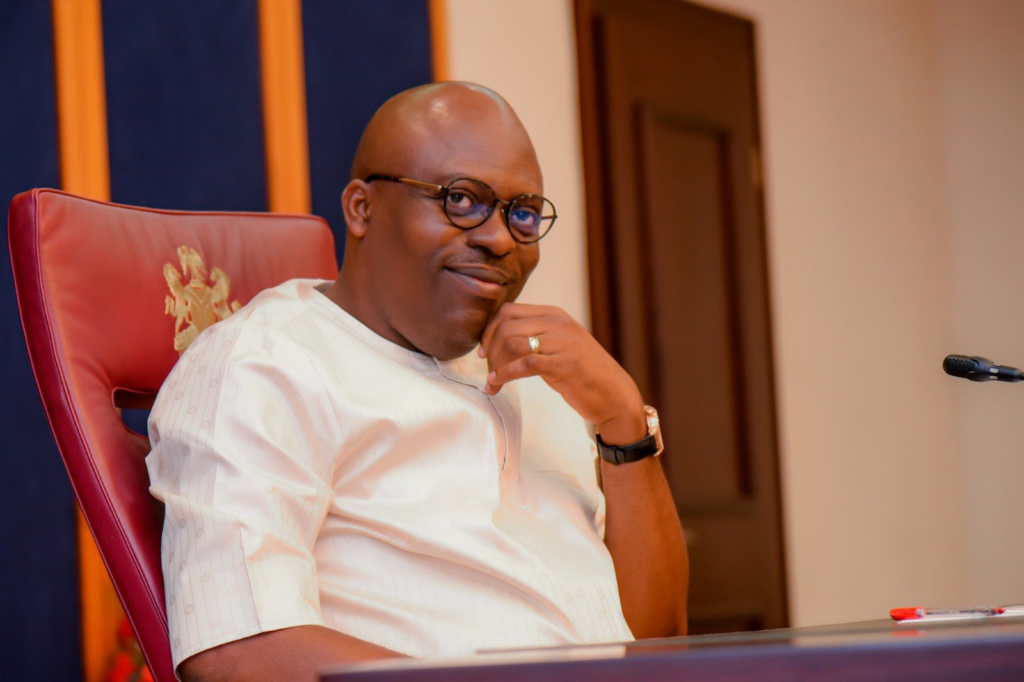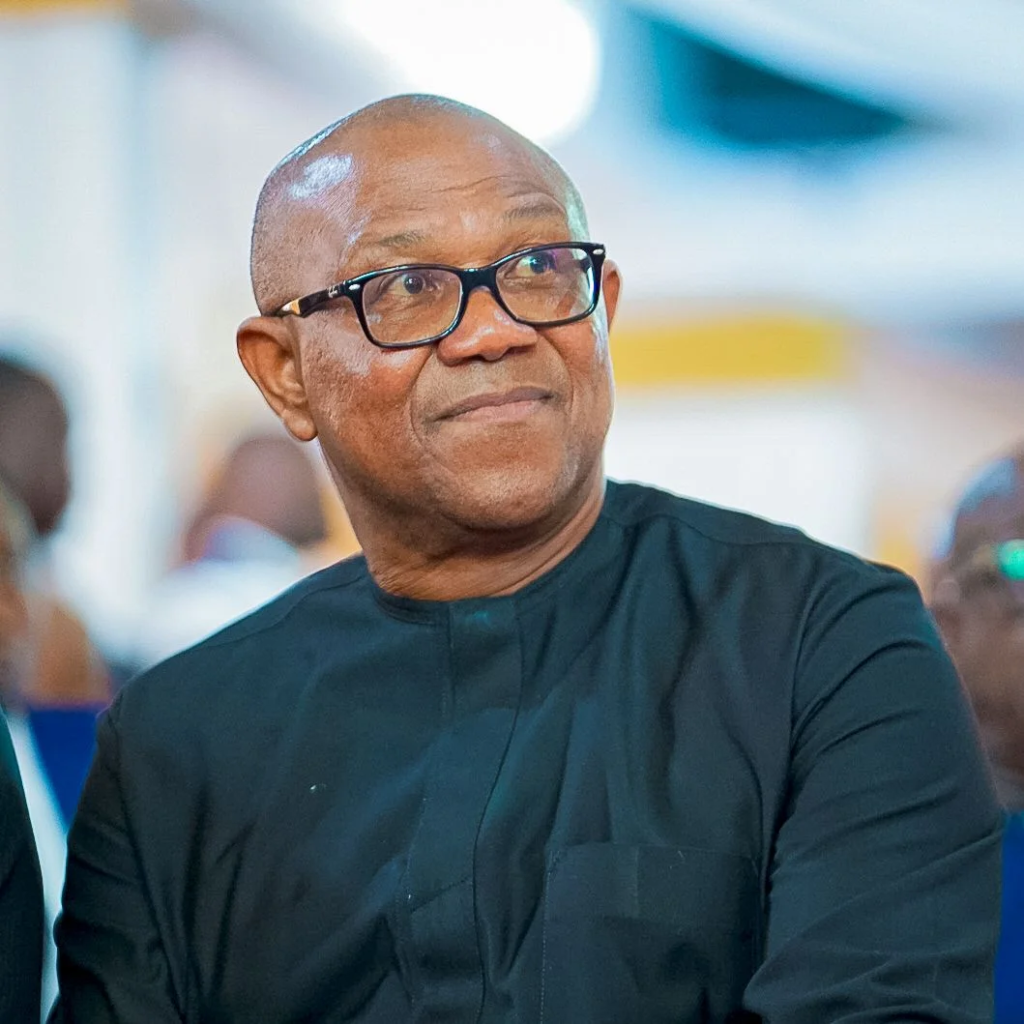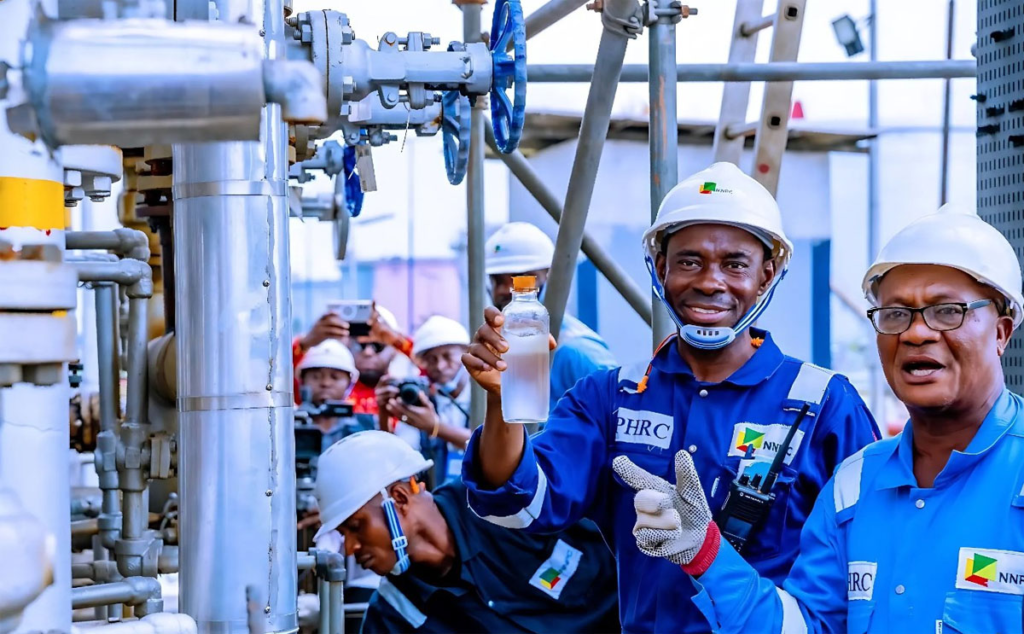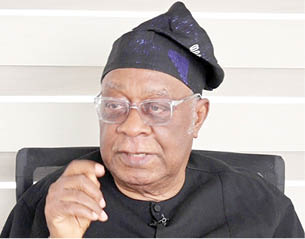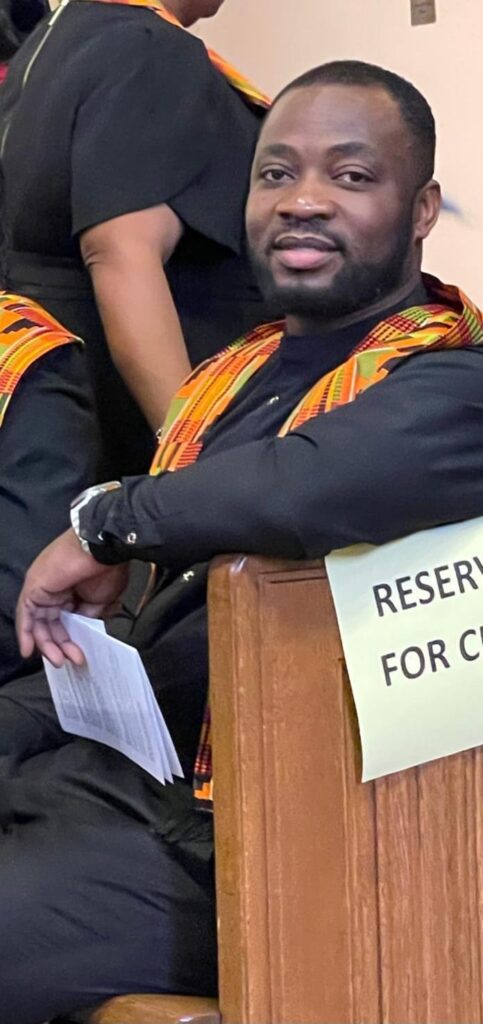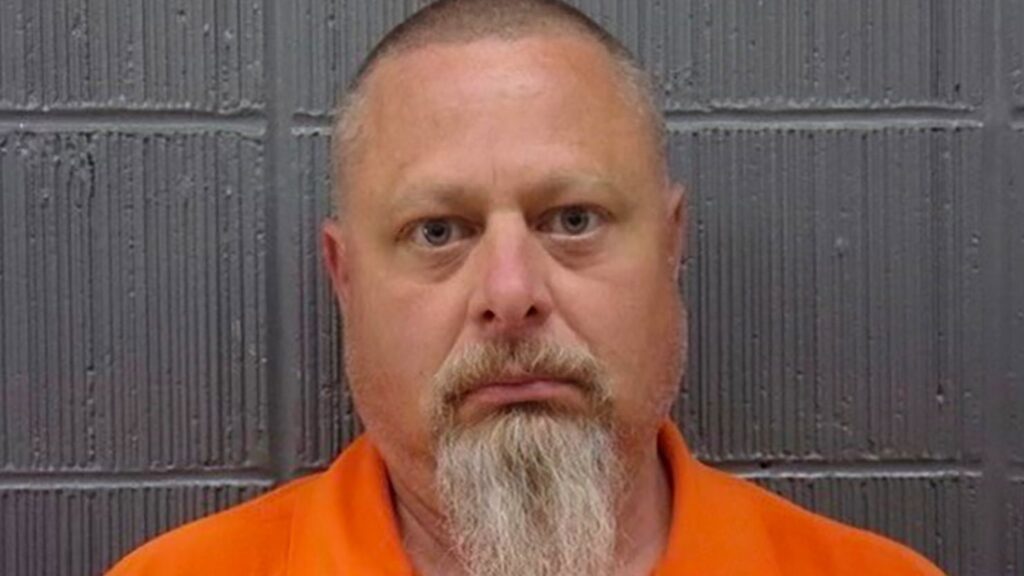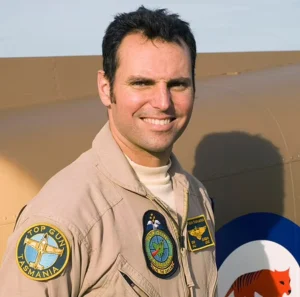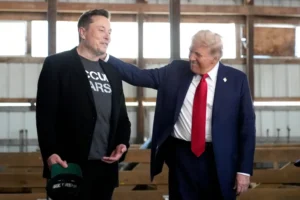Ekiti State Governor Kayode Fayemi has revealed that the National Security Adviser (NSA) was involved in delaying states’ eligibility to purchase drones in the fight against insecurity.
Mr. Fayemi, who spoke at the Ekiti Economic and Investment Summit on Thursday alongside Vice President Yemi Osinbajo, emphasized the importance of multi-level security in the country.
He maintained that states should be allowed to create their own police, saying that the demand had become unavoidable in light of contemporary security threats.
“This request does not imply that the central police will be abolished,” Mr. Fayemi said.
“If you have a problem of security in Kaduna, Governor El-Rufai can easily take charge.
“My recent experience and many of our governors were not even palatable where we wanted to procure drones and Mr. President was with us on the issue, but the NSA refused us End User Certificate, though we got it one year after.
“As of now, security is on the exclusive list. Even If the FG is ready to allow us to procure some arms, we have to sign MoU with the Nigerian Airforce. We have to work together collaboratively because investors consider security as number one in any state.”
Mr. Fayemi was not alone in his appeal for police decentralization; the governors of Lagos, Kaduna, and Edo all expressed concern that prohibiting state governors from taking care of security was affecting investments, development, and people’s well-being.
Godwin Obaseki, the governor of Edo State, believes that police should be excluded from the exclusive list of state chief executives to maintain firm control.
“If you have businesses, you have to protect them and you must have the apparatuses,” he said.
“Security is on the exclusive list and we are looking up to the federal government to remove it for states to take charge.
“We must provide facilities for the police to be able to train our local vigilantes, because in Edo State that was what we did. We raised a vigilante group to police our villages from kidnappers and other criminals.”
In a similar vein, the governor of Lagos State, Babajide Sanwo-Olu, stressed the significance of security in attracting investors during his remarks at the summit.
“When you have investments, you must defend them and accept responsibility for whatever occurs,” he explained.
“Investors will look to the governors for protection, and, unfortunately, we don’t have control.”
“The federal government needs to look into the issue of state police in this area.”
Nasir El-Rufai, the governor of Kaduna State, also stated that security has become a major issue that every Nigerian should be concerned about.
He also advocated for the decentralization of the police force in the country.
“The Nigerian army has 150,000 soldiers.” By the time this government took office, the police force had shrunk to 300,000 from 400,000. We require a multi-level police force. “Policing is localized, much like in a unitary context like the United Kingdom,” Mr. El-Rufai explained.
“Kaduna State is about 46,000sqkms in size. Boko Haram has been chased from the Northeast by ISWAP and now occupying the Northwest. But if they are dislodged here, where would they go? This is why we should all be concerned.”
The governor of Kaduna also stated that the power of the National Judicial Council to regulate the number of judges a state can have must be decentralized.
Vice President Yemi Osinbajo, on the other hand, urged governors to begin making large investments in areas where they have comparative advantages to boost their domestically produced revenues and reduce their reliance on federal payments.
The Vice President who was one of the panelists noted that the moment has come for the chief executives of the country’s states to begin thinking about how to expand the economy as a nation by investing most effectively in regions where they have economic strength.
“But while trying to grow investments, we must be cautious of multiple taxations, it weighs down businesses. Ekiti is a business-friendly environment. Ekiti has also excelled in the aspect of ease of doing business. You have vast arable lands for agriculture. Also of recently, the Government of Ekiti divested 76 percent of shares in the Ikun Dairy farm for Promasidor for the production of 80,000 liters of milk daily.
“Let me say that Ekiti has a bigger economy than many Africa nations. The question we should ask ourselves is that if I were the landlord of this nation, how do we survive? During my time as a Commissioner in Lagos, we started with N600 million monthly Internally Generated Revenue in 1999.
“The seizure of Lagos funds by President Olusegun Obasanjo made us think like a sovereign state. Today Lagos is making over N45 billion monthly.”
Ada Peter

